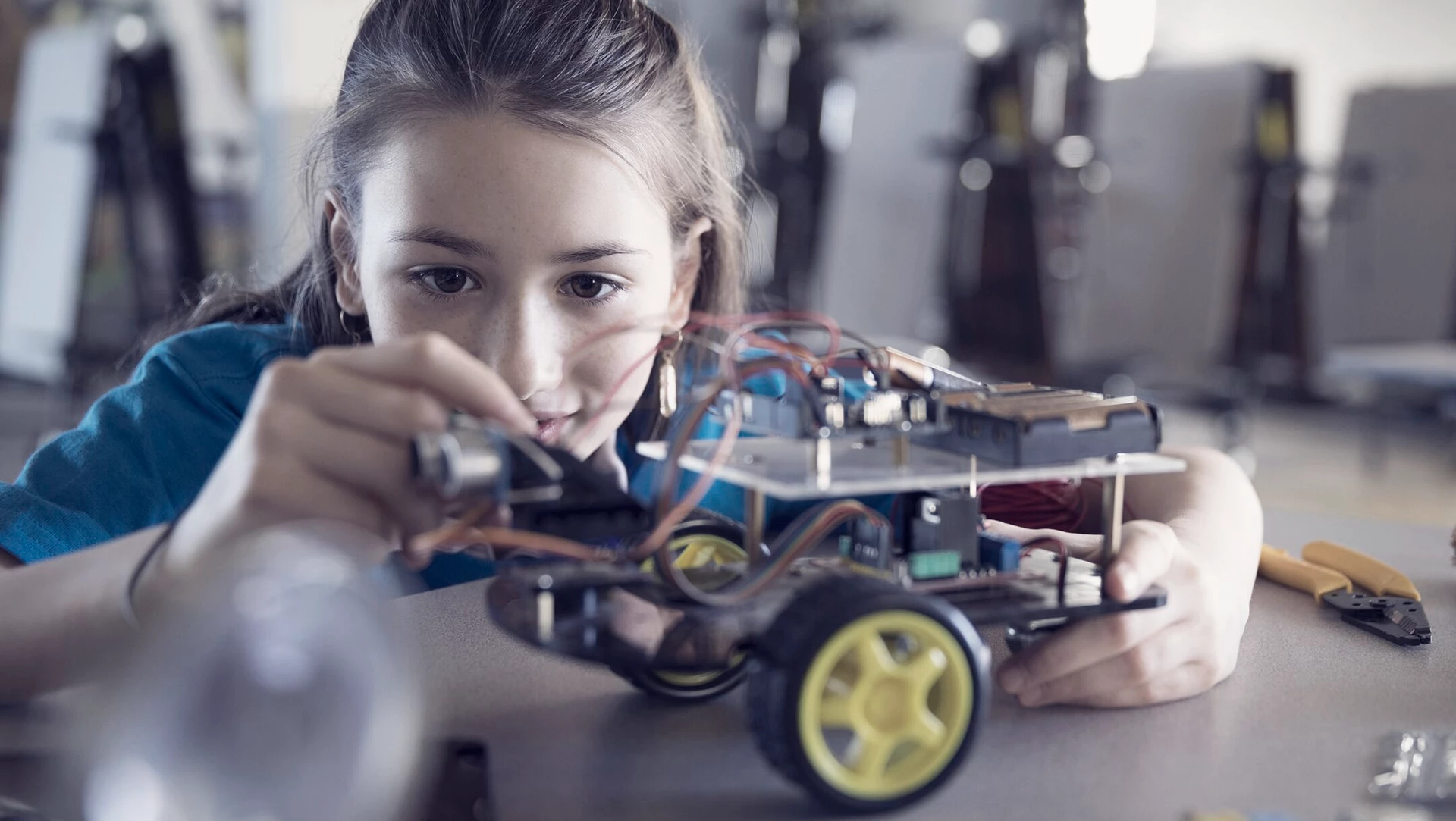For more information
For more on the subject, don’t miss this related article: Shining a light on Covid-19’s impact on women.
Denne siden findes ikke på norsk
Bli værende på denne siden | Fortsett til en lignende side på norskState leaders from around the world gathered at the 2021 SHE Conference to discuss Covid-19’s impact on gender and equality and how to respond going forward.

Hillary Clinton, Chelsea Clinton, Justin Trudeau, Sadiq Khan and Erna Solberg.
Those were just some members of the all-star line-up who gathered virtually to kick off the 2021 SHE Conference, Europe’s largest gender diversity conference. This year, due to the pandemic, the event is fully digital, running for two weeks in March.
Nordea is a main partner to the conference, reflecting the bank’s commitment to gender equality and increasing the number of women in leadership positions, both within Nordea and in the financial industry more broadly.
High on the agenda at this year’s conference is Covid-19 and the disparate impact it has had on women, rolling back years, if not decades, of progress when it comes to gender equality, according to studies.
“We have seen a lot of women put into the very difficult position, with the absence of child care, with the closing of schools, as to how they could possibly even go to work and keep a job when they had no one to look after their children,” said former US Secretary of State Hillary Clinton. She noted that the US unemployment rate has been disproportionately higher among women due to the fact that they are overrepresented in the industries hit hard by the pandemic, such as tourism, hotels and restaurants.
Citing studies from the World Economic Forum and several universities, Chelsea Clinton noted the “deeply troubling conclusion” that 25 years of work towards gender parity have been eroded during the pandemic.
“As long as we continue to live in this Covid-19 moment without the robust responses we really need from our governments, we will only continue to lose further ground,” Chelsea Clinton said. She added that it’s not only the challenges of economic agency and lost labour force participation but also the rise of child marriage, violence against women, teen pregnancy and unplanned pregnancies that are cause for concern.
“I do think all of this is connected,” she said.

Prime Minister of Norway Erna Solberg noted one current bright spot: Capital has never been cheaper than it is today. In addition, there is a strong focus on entrepreneurship.
“I just hope we make sure that girls are participating in this, that women are participating in this… When the interest rate is zero, like it is in most of the world, people are looking to put money into good ideas around the world,” Solberg said.
Hillary Clinton echoed that point, noting the some economists are predicting a big surge in economic activity once lockdowns are lifted and people feel it is safe to move around freely again. She called on the SHE community to do the legwork now and create the online platforms so that women seeking to start or grow their business know where to go and how to access that capital.
For the second panel of the day, Norway’s Prime Minister Solberg was joined by Canadian Prime Minister Justin Trudeau, London Mayor Sadiq Khan and Iceland’s Prime Minister Katrín Jakobsdóttir. Much of the discussion centred around how to rebuild societies and economies after Covid-19 in a way that doesn’t deepen existing inequalities.
Solberg noted that most countries are now focused on how to boost growth, create jobs and how to do so in a greener way. They are channelling money towards big, industrial green projects, such as hydrogen, but most of the women who have lost their jobs during the pandemic are not in that line of work but rather need support schemes for small and medium-sized businesses, she said.
“We really need to gender-focus also our recovery plan from the pandemic,” Solberg said. “We do have to solve the environmental crisis and climate crisis, but we also have to do a gender evaluation. Are we supporting enough the areas that women can move into in, for example, business and entrepreneurship?”
Iceland’s Prime Minister Jakobsdóttir pointed out that when it comes to innovation funds focusing on green and technological solutions in Iceland, men are reaping a bigger share.
“Women don’t seem to apply as much as men… We need to really look at the roots of this problem,” she said.
Mayor Sadiq Khan noted that London is investing in training women and girls in STEM (science, technology, engineering and mathematics) to ensure that the green and digital jobs can be accessed by women during the recovery.
“There are opportunities here to return to not what we had before but to a new normal. But it’s really important we make proactive steps to do so. My concern is, if we’re not careful, we could exacerbate the structural inequalities that already exist in our societies,” Khan said.
We really need to gender-focus also our recovery plan from the pandemic... Are we supporting enough the areas that women can move into in, for example, business and entrepreneurship?
All panellists underscored the importance of universal childcare to ensuring gender equality. Both Norway and Iceland have prioritised keeping kindergartens and primary schools open during the pandemic, said Solberg and Jakobsdóttir. The Icelandic prime minister noted that women still tend to carry the bulk of domestic responsibilities – the “unpaid work” that drives the “caring economy,” as she called it.
Canada’s Trudeau said that one silver lining from the pandemic is that the business community has come to recognise the importance of universal childcare.
“In Canada, we’ve been talking about bringing in universal national childcare for a long time now,” he said. “One of the things that’s happened over this pandemic is the business community has realized the impact on their business… So moving forward on childcare is something we’re finally feeling like we’re going to be able to do because it’s not just a moral argument, it’s a concrete economic argument, as we’ve always known. But it’s more resonant now.”
The SHE Conference runs from March 5-19, 2021, featuring Nordea’s own Snorre Storset, Head of Wealth Management; Randi Marjamaa, Head of Personal Banking Norway; Thina Margrethe Saltvedt, Chief Analyst in Group Sustainability; Jacob Michaelsen, Head of Sustainable Finance Advisory; and Alma Larsen, Relationship Manager, Nordea Startup & Growth. See the full program and how to register here.
For more on the subject, don’t miss this related article: Shining a light on Covid-19’s impact on women.

Sustainable banking
Morningstar Sustainalytics has recently published a new report identifying companies that are taking steps to reduce emissions, set actionable targets and implement good governance practices. Nordea is highlighted for its significant progress in reducing emissions and its comprehensive climate targets.
Read more
Sustainability
Amid geopolitical tensions and fractured global cooperation, Nordic companies are not retreating from their climate ambitions. Our Equities ESG Research team’s annual review shows stronger commitments and measurable progress on emissions reductions.
Read more
Sector insights
As Europe shifts towards strategic autonomy in critical resources, Nordic companies are uniquely positioned to lead. Learn how Nordic companies stand to gain in this new era of managed openness and resource security.
Read more